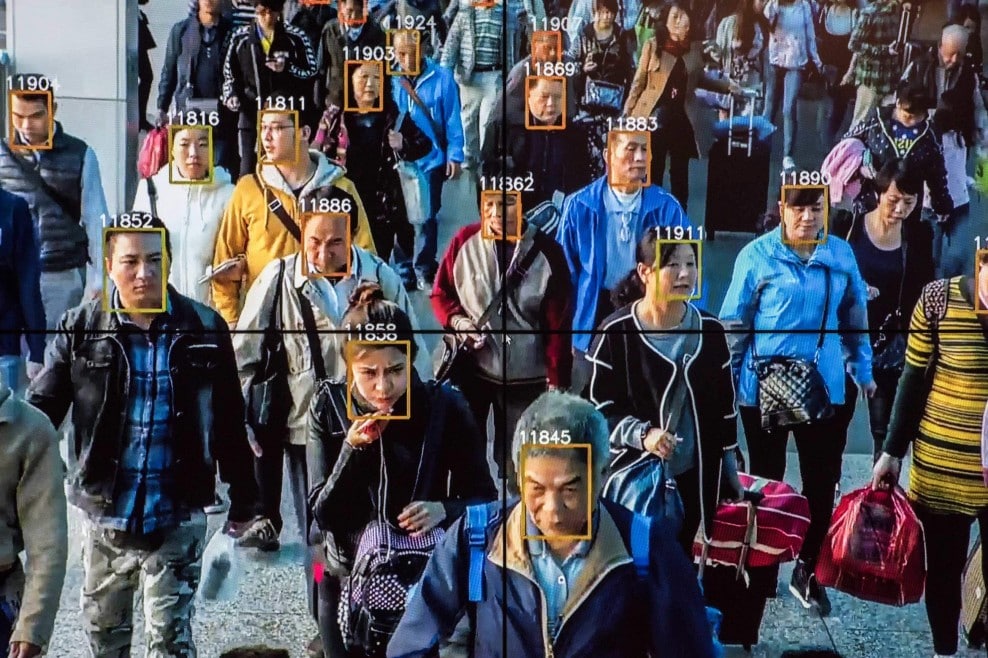The strongmen strike back: Authoritarianism reemerges as the greatest threat to the liberal democratic world

By Robert Kagan
14 March 2019
(The Washington Post) – Of all the geopolitical transformations confronting the liberal democratic world these days, the one for which we are least prepared is the ideological and strategic resurgence of authoritarianism. We are not used to thinking of authoritarianism as a distinct worldview that offers a real alternative to liberalism. Communism was an ideology — and some thought fascism was, as well — that offered a comprehensive understanding of human nature, politics, economics and governance to shape the behavior and thought of all members of a society in every aspect of their lives.
We believed that “traditional” autocratic governments were devoid of grand theories about society and, for the most part, left their people alone. Unlike communist governments, they had no universalist pretensions, no anti-liberal “ideology” to export. Though hostile to democracy at home, they did not care what happened beyond their borders. They might even evolve into democracies themselves, unlike the “totalitarian” communist states. We even got used to regarding them as “friends,” as strategic allies against the great radical challenges of the day: communism during the Cold War, Islamist extremism today.
Like so many of the theories that became conventional wisdom during the late 20th and early 21st centuries, however, this one was mistaken. Today, authoritarianism has emerged as the greatest challenge facing the liberal democratic world — a profound ideological, as well as strategic, challenge. Or, more accurately, it has reemerged, for authoritarianism has always posed the most potent and enduring challenge to liberalism, since the birth of the liberal idea itself. Authoritarianism has now returned as a geopolitical force, with strong nations such as China and Russia championing anti-liberalism as an alternative to a teetering liberal hegemony. It has returned as an ideological force, offering the age-old critique of liberalism, and just at the moment when the liberal world is suffering its greatest crisis of confidence since the 1930s. It has returned armed with new and hitherto unimaginable tools of social control and disruption that are shoring up authoritarian rule at home, spreading it abroad and reaching into the very heart of liberal societies to undermine them from within. [more]